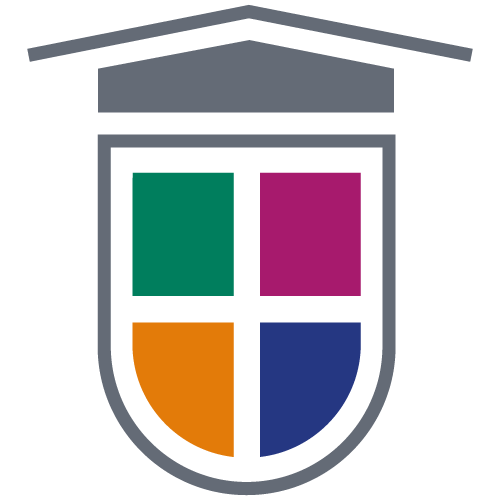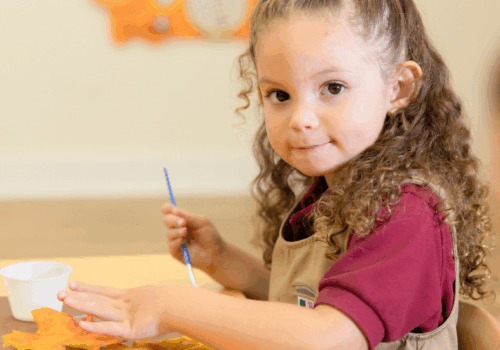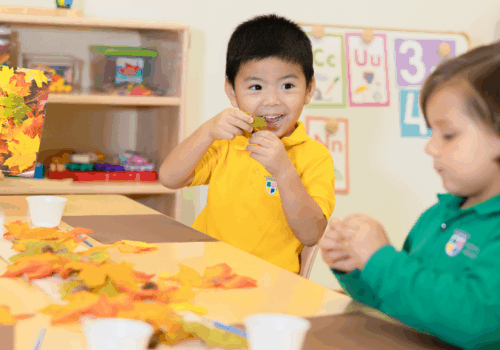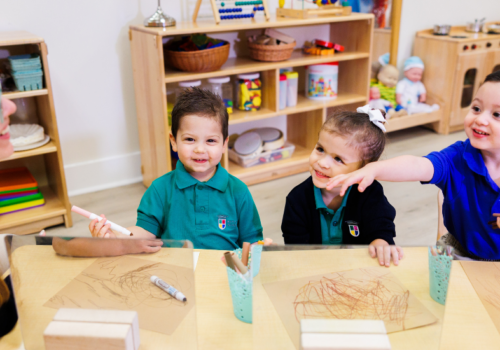Early childhood education lays the groundwork for academic success, but it also supports character development…

What Role Do Teachers Play in Local Early Learning Centers?
Teachers are vital to the success of any local early learning center. As you look for an early childhood education program for your little one, pay attention to the staff they employ. Educators set the tone and shape the environment where your child will learn and grow during their most formative years. Here’s more about the role teachers play in these centers.
Build Trust and Nurture Development
Teachers get to establish close bonds with children. An instructor who takes the time to learn about your child’s personality and interests can nurture their development in a trusting environment. When you visit early learning centers, look for warm, caring interactions between instructors and students. See if children seem comfortable seeking help or asking questions. The best teachers balance nurturing care with education.
Guide Learning Through Play
Rather than lectures, early learning relies heavily on guided play activities led by teachers. Choose local early learning centers where you observe teachers engaging with students through dialogues, modeling, and actively participating in activities like art, pretend play, and reading. Well-designed spaces allow room for movement and interactive learning. Through interactions, games, crafts, and stories, children absorb academic concepts and social skills under the watchful eye of their teachers.
Partner With Parents
At local early learning centers, parental involvement correlates strongly with better academic and developmental outcomes. Teachers act as your partners, communicating with you about any concerns with your child. Regular newsletters, meetings, or informal chats keep you informed. Getting on the same page with your child’s educator sets them up for success.
Promote Early Literacy and Numeracy Skills
Teachers at quality local early learning centers incorporate activities, games, and teaching methods designed to support the development of early literacy and numeracy skills. Through read-aloud, phonics lessons, counting games, and hands-on activities, instructors lay the groundwork for reading, writing, math, and logical thinking.
The relationships built with caring educators form part of the foundation on which your child can thrive. According to ThoughtCo, about 10% of students in the United States attend a private school. If you’re considering a private school for your child’s early childhood education needs, schedule a tour of our Key Point Academy Doral facilities today!



